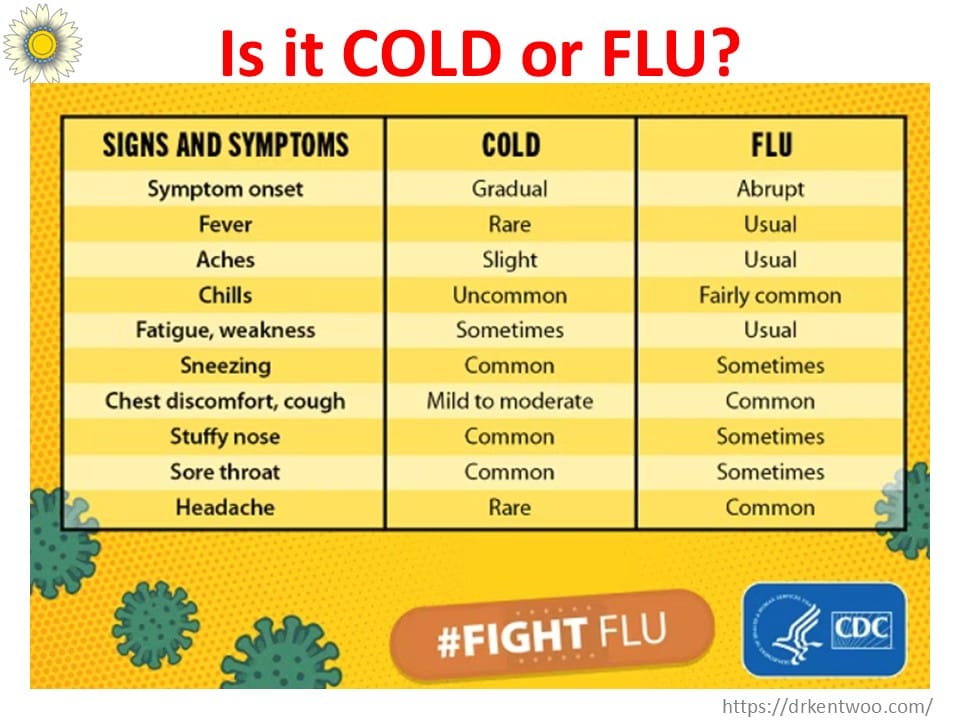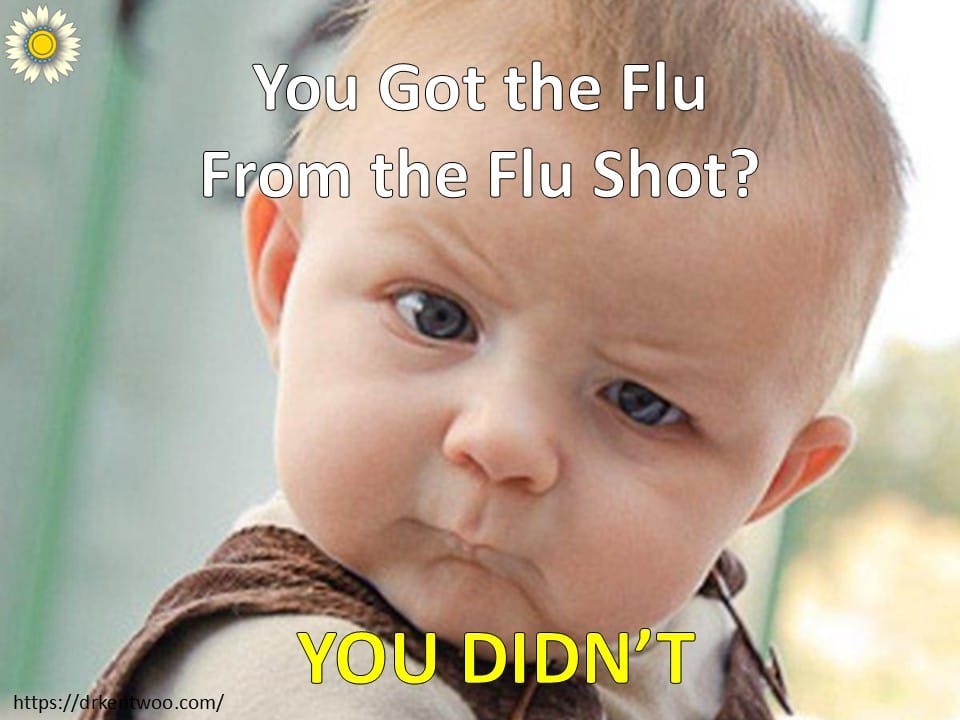How to Stay Flu-Protected Every Season (Because the Flu Never Takes a Break!)

The flu never really goes away. Every year, it returns—bringing fever, body aches, and days of exhaustion.
During cold weather seasons, everyone tend to stay indoors.
Which makes easier for the flu virus to spread from person to person.
Here is an example of a severe flu outbreak in Japan, a reminder that the flu isn’t just a mild inconvenience—it spreads fast and can hit hard.
The good news? You don’t have to leave your health to chance. Staying flu-free isn’t about luck—it’s about preparation.
Why Does the Flu Keep Coming Back?

You might be wondering: “If I had the flu last year, shouldn’t I be immune?”
Not exactly. The flu virus is constantly mutating, which means the strain going around this year isn’t the same as last year’s. That’s why:
✔ Your past immunity may not protect you this year.
✔ The flu shot is updated yearly to match new strains.
✔ Some flu seasons are worse than others, like the outbreak currently happening in Japan.
If you haven’t gotten your annual flu shot, now is the time.
💉 The Flu Shot: Why You Need One Every Year

There are a lot of misconceptions about the flu vaccine. Some believe they don’t need it, but here’s the truth:
✅ The flu shot is updated every year.
Since the flu virus mutates, the vaccine is reformulated annually to protect against the newest strains.
✅ It reduces the severity of illness.
Even if you still catch the flu, your symptoms will likely be milder, lowering the risk of complications and hospitalizations.
✅ It helps protect others.
Flu spreads before symptoms even appear, meaning you could infect those around you without realizing it. Getting vaccinated helps slow the spread, especially to vulnerable individuals like young children and the elderly.
While no vaccine is 100% effective, the flu shot remains the best defense against severe illness.
Can the Flu Shot Give You the Flu? Nope!

No, you cannot get the flu from the flu shot—it’s just not possible!
The vaccine contains either inactivated (killed) flu virus or tiny virus fragments, meaning they can’t replicate or make you sick. Some people may feel a little tired or experience a sore arm afterward, but that’s just your immune system doing its job.
If you happen to feel unwell after your flu shot, chances are you were already exposed to the virus before your body had time to build immunity (which takes about two weeks). The flu shot is here to protect you, not infect you!
Other Ways to Reduce Your Flu Risk
Besides vaccination, simple daily habits can go a long way in keeping you flu-free:
🧼 Wash your hands frequently to prevent the spread of germs.
😷 Wear a face mask in crowded places, especially during flu season.
🚫 Avoid touching your face, as viruses enter through the eyes, nose, and mouth.
🏠 Stay home if you’re sick to avoid infecting others.
💨 Improve indoor air circulation to reduce airborne virus particles.
📌 [Click Here to Learn About: How to Disinfect and Reuse Your Face Mask]
Boosting Immunity: Your Secret Weapon Against the Flu

Your immune system is your first line of defense against infections. When it’s strong, your body can fight off viruses more effectively and recover faster. Here’s how to keep your immunity in top shape:
✔ Prioritize Sleep & Rest – Lack of sleep weakens your immune response, making you more vulnerable to infections. Aim for 7–9 hours of quality sleep each night.
✔ Fuel Your Body with Nutrients – Vitamins and minerals are essential for immune health. Vitamin C supports immune function, while Vitamin D helps regulate your body’s defense system.
✔ Stay Hydrated – Water keeps your mucous membranes moist, acting as a natural barrier against viruses.
The Gut-Immune Connection: Why Probiotics Matter
Did you know that 70% of your immune system lives in your gut? A balanced gut microbiome plays a crucial role in strengthening immunity and helping your body respond to infections.
But here’s the catch—not all probiotics are created equal. To truly support your immune system, you need the right probiotic strains designed for immune resilience.
For my patients, I recommend Duoflora—a probiotic with two clinically studied human-derived strains that help strengthen your body’s defenses and enhance immune function. A well-supported gut means a stronger immune system, giving you an extra layer of protection during flu season and beyond.
Take Control of Your Health
If you want expert guidance on immune health or allergy management, seeing an Allergy & Immunology specialist can help you make the best choices for long-term wellness. The Allergy & Immunology Clinic team is ready to help!




